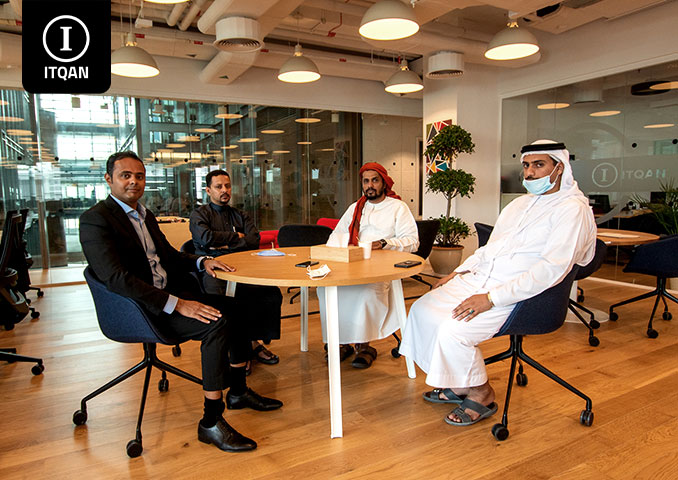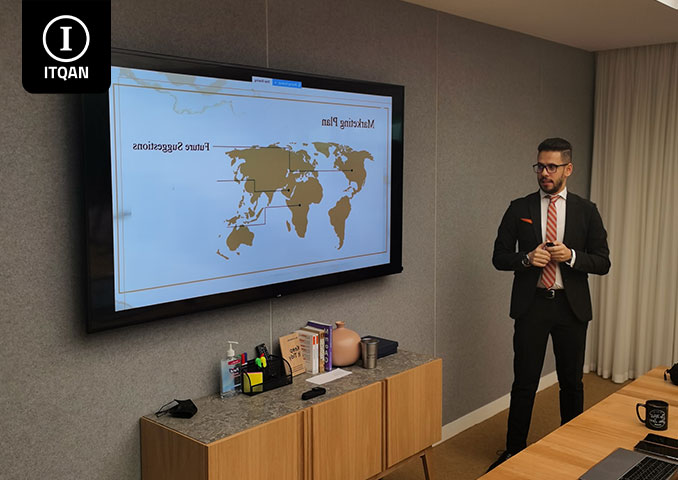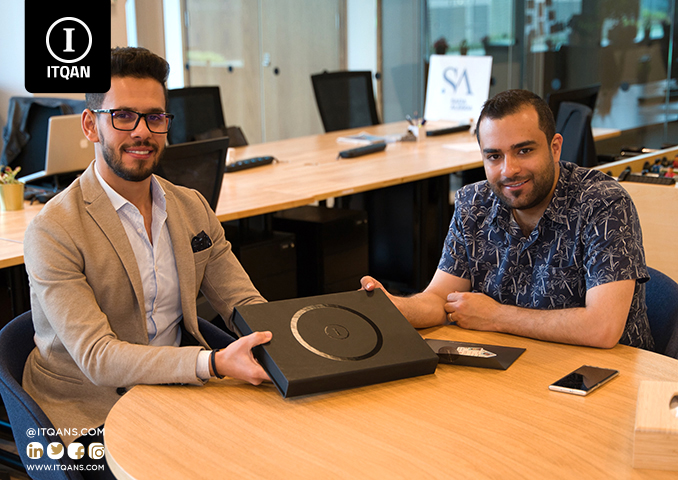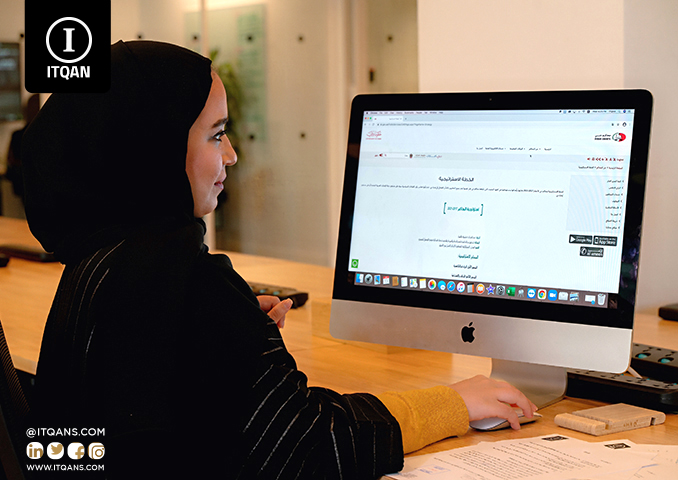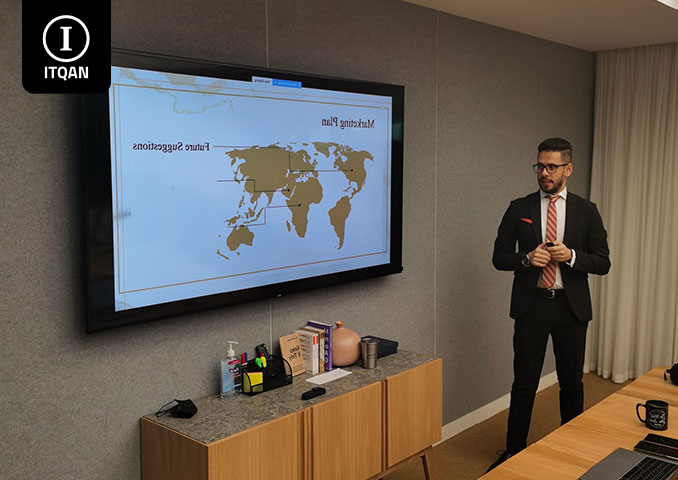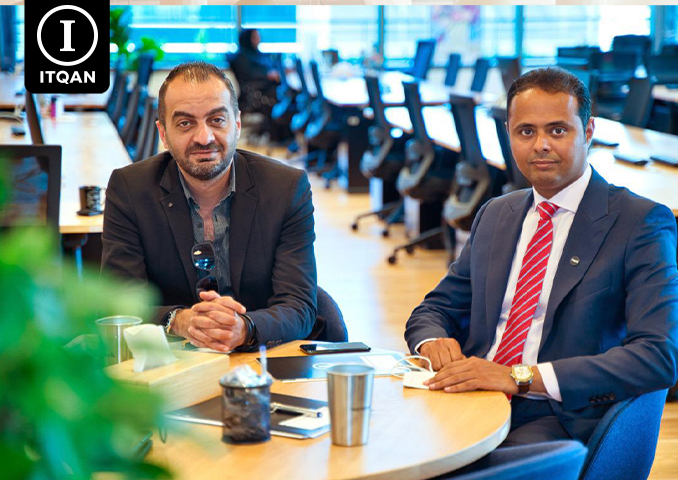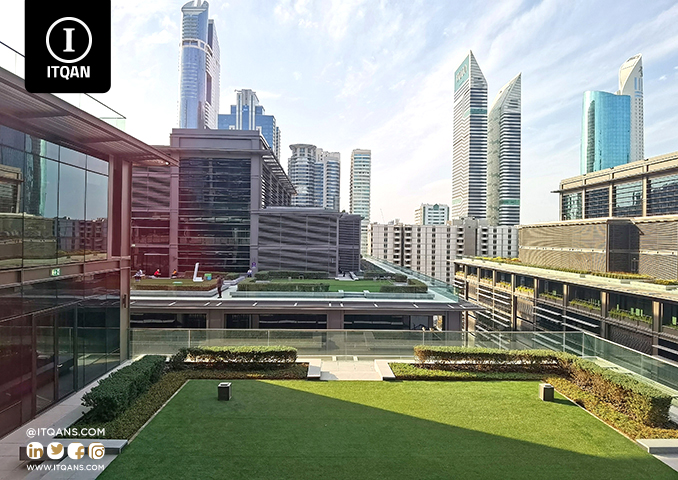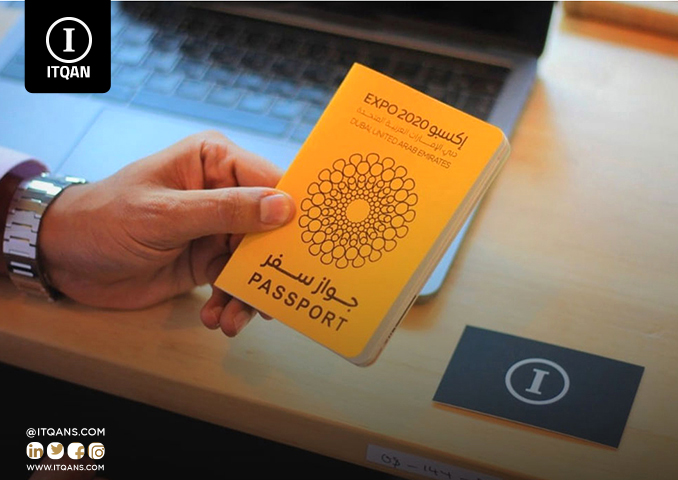The United Arab Emirates is one of the most important investment destinations in the world today. The UAE is characterized by political and economic stability, in addition to the regulatory legal regulations that support business. The UAE is famous for its diverse range of investment areas that attract capital and investors from around the world. In this article, we will learn about the most important investment areas in the Emirates and the steps to invest in the Emirates.
One of the most prominent investment areas in the Emirates is Dubai, which is considered a global center for trade, finance and tourism. Dubai is characterized by advanced infrastructure and integrated facilities that support business from all aspects. In addition, Dubai includes multiple free zones that provide an ideal environment for companies to benefit from customs and tax exemptions and easy access to regional and global markets.
Abu Dhabi, the capital of the Emirates, comes in second place in terms of important investment areas. Abu Dhabi has rich natural resources such as oil and gas, and seeks to diversify its economy by investing in tourism, education, and renewable energy.
The Sharjah region is also one of the most important investment areas in the Emirates, as it is distinguished by its focus on culture, education and innovation. Sharjah provides an encouraging environment for startups and cultural industries, making it a destination for investors looking for diversity and economic growth.
The rest of the emirates, such as Ajman, Ras Al Khaimah, and Umm Al Quwain, are also seeking to strengthen their position as important investment destinations, by providing flexible and supportive investment environments for businesses.
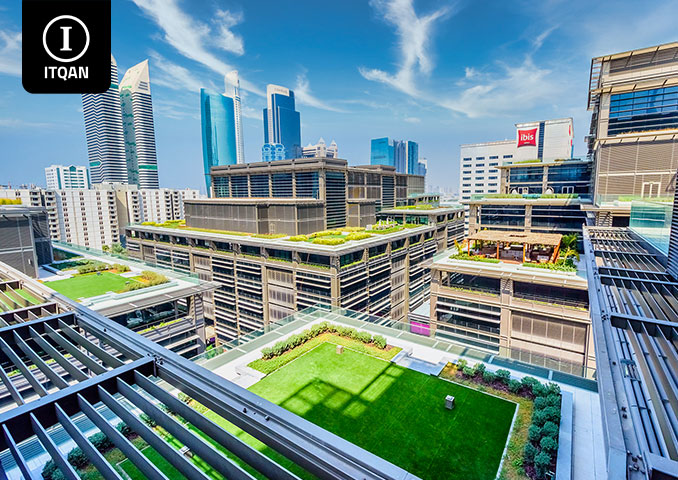
Investing in the Emirates
The United Arab Emirates is one of the most prominent investment destinations in the world, as it combines modern infrastructure, a favorable investment environment, and wide economic diversity. Dubai and Abu Dhabi are the main pillars of investment, with diverse investment opportunities available including real estate, tourism, technology, financial services, and energy.
In Dubai, real estate plays an important role in the economy, with the availability of sophisticated real estate projects attracting investors from all over the world. Dubai is also witnessing sustainable growth in the tourism sector, hosting major international events and providing a variety of entertainment and cultural events.
In Abu Dhabi, the oil and gas sector is considered the main pillar of the economy, along with huge investments in technology, renewable energy and infrastructure. The government seeks to diversify sources of income and enhance the role of non-oil sectors as part of Vision 2030 to achieve a sustainable and diversified economy.
The UAE is characterized by flexible investment laws and ease of doing business, making it an attractive destination for startups and international investors. In addition, the UAE includes free zones and special economic zones that provide tax incentives and facilities for companies, which enhances the country’s attractiveness as a global investment destination.
In short, UAE investments represent distinct opportunities for growth and development, supported by advanced infrastructure and a strong strategic vision for the economic and development future.
The most important investment areas in the Emirates
In the United Arab Emirates, there are several main areas that are considered the most important areas for investment due to their availability of advanced infrastructure and a suitable investment environment. Among these areas:
- Dubai: Dubai is considered a major economic center in the region and globally, where you will find wide investment opportunities in various sectors such as real estate, tourism, technology, and trade.
- Abu Dhabi: The UAE capital enjoys great economic diversity, and is considered a leading center for investment in oil and gas, renewable energy, real estate, and tourism.
- Sharjah: Sharjah is an important cultural and educational center, and has investment opportunities in the creative, entertainment, and educational industries.
- Ras Al Khaimah: Ras Al Khaimah is an important area for investment in tourism, marine and manufacturing industries.
- Ajman: Ajman is characterized by low real estate costs compared to the rest of the Emirates, which makes it attractive for investment in real estate and light industries.
- Fujairah: It is considered a strategic location for investment in tourism, agriculture, and small and medium industries.
Steps to invest in the Emirates
Investing in the UAE requires following several basic steps to ensure compliance with local laws and achieve investment success. Here are the steps to invest in the UAE:
- Research and planning: Before starting to invest, careful research must be conducted about the target market and the appropriate economic sector. It is advisable to analyze market demand and supply, study competition and economic forecasts.
- Choosing a legal partnership: It is important to obtain a local legal advisor who specializes in foreign investments in the UAE. The legal advisor helps in understanding local laws and ensuring compliance with investment legislation and regulations.
- Establishing a company: If the investment requires establishing a company, you must choose the appropriate type of company (limited company, sole proprietorship, or partnership) and carry out all legal procedures to register it and obtain the necessary licenses.
- Financing: Identifying appropriate sources of financing for the project, whether through private investments, bank financing, or raising capital from investors.
- Obtaining a residence visa: If the investor wishes to reside in the Emirates, he must apply for an investor or businessman residence visa, which allows him to benefit from the benefits of residency in the country.
- Tax registration: Ensure registration with local tax authorities and compliance with tax controls in force in the Emirates.
- Searching for market and expansion opportunities: Once the company is established or investment begins, the investor must periodically monitor the market and explore opportunities for expansion and growth.
Investment costs in the UAE
Investment costs in the UAE vary based on the type of investment and the targeted economic sector, but they include several basic aspects that must be taken into consideration:
Incorporation costs and licenses: These aspects include company registration fees and licenses needed to start business operations in the UAE. These costs can vary depending on the type of company (sole company, limited company, joint stock company, etc.) and where it is registered.
- Real estate costs: If the investment includes real estate, the costs of purchasing or renting real estate are an important part of the costs. In cities like Dubai and Abu Dhabi, real estate costs can be high, so investors should plan for these costs carefully.
- Labor and salary costs: If the investment requires hiring employees, labor costs, salaries and health insurance constitute a large portion of the total costs. These expenses must be factored into the financial planning of the project.
- Legal and consulting costs: These costs include legal and accounting consulting fees to ensure compliance with local laws and regulations in the UAE, in addition to any legal costs related to contracts and agreements.
- Taxes and government fees: The UAE is characterized by a favorable tax policy that includes most sectors, but there may be government fees and special taxes that some economic activities need to adhere to.
- Costs of living and living: Investors should take into account the costs of living and living in the UAE, including the costs of accommodation, entertainment, and personal services, which can affect the overall investment cost.
Investment opportunities available in the Emirates
The United Arab Emirates offers a wide range of investment opportunities in several different economic sectors, making it an ideal destination for international investors. Here are some investment opportunities available in the UAE:
- Real estate sector: The real estate market in Dubai and Abu Dhabi is considered one of the most attractive markets for investment, as it provides opportunities in the fields of construction and real estate development, hotels, and tourist facilities.
- Tourism and Hospitality: Thanks to its wonderful tourist attractions such as Burj Khalifa and the Palm Island, the Emirates provides multiple opportunities in the luxury hotels sector, tourism services, and entertainment.
- Technology and Innovation: The UAE is striving to strengthen the technology and innovation sector, which includes investments in startups, smart technology, and artificial intelligence.
- Renewable energy: The UAE is considered one of the global leaders in the field of renewable energy, and offers opportunities in solar, wind, and civil nuclear energy projects.
- Education and Training: With the UAE’s commitment to developing educational infrastructure and providing vocational training, it provides opportunities to invest in the areas of education and vocational training.
- Light and medium industries: The light and medium industries sector provides investment opportunities in areas such as manufacturing, food and beverage industries.
- Retail and distribution: With the growth of population and tourism, the UAE offers opportunities in the retail and distribution sector, whether through traditional or electronic markets.
- Financial services and banks: Dubai is known for its global financial center, which makes it an ideal center for investing in financial services and banks.
Advantages of investing in the Emirates
Investing in the United Arab Emirates is considered attractive to international investors, thanks to several advantages and opportunities that the country offers. Among these features:
- Advanced infrastructure: The UAE has a modern and advanced infrastructure, which includes leading international airports, advanced sea ports, and advanced road networks. This makes it easier for companies to access global markets effectively.
- Favorable investment environment: The UAE has favorable economic policies and laws that encourage foreign investment, such as free ownership for foreigners in specific areas and no corporate income taxes in most sectors.
- Workforce: The UAE has an educated, multinational workforce, which helps promote diversity and innovation in the areas of work and management.
- Strategic location: The UAE is located at the intersection of major trade routes between the East and the West, making it an ideal place to facilitate international trade and commerce.
- Diverse economic sectors: The UAE has investment opportunities in a wide range of sectors including real estate, tourism, retail, technology, energy, and education, providing multiple options for investors.
- Supportive government: The UAE is characterized by an effective and business-friendly government, providing a range of incentives and facilities to small and large companies, including free zones and special economic zones.
- Quality of Life: The UAE is characterized by high standards of life, including advanced health and educational infrastructure, and outstanding public services, making it an attractive destination for investors and their families.
In the end, the UAE stands out as a distinguished investment destination that combines modernity and innovation, making it rich with opportunities for global investors. After reviewing the main investment areas in the Emirates , from Dubai to Abu Dhabi, Sharjah, Ras Al Khaimah, Ajman and other places, it becomes clear that each emirate is distinguished by its own unique characteristics and opportunities.
Dubai, with its endless facilities and mega projects, stands out as a global hub for trade and tourism, providing an ideal environment for investment in real estate, hospitality, trade and technology. As for Abu Dhabi, it is characterized by economic diversification and large strategic projects in energy, industry and culture, which makes it attractive for large investments.
Sharjah, in turn, stands out as a leading cultural and educational centre, while Ajman is distinguished by its innovative development policies and investment opportunities in light and manufacturing industries. Ras Al Khaimah and other places in the country are promoting investments in tourism, marine and agricultural industries, adding diversity to the UAE investment environment.
The most important frequently asked questions about investing in the UAE
What are the main benefits of investing in the UAE?
The benefits are advanced infrastructure, flexible investment regulations, a diversified economy, and a strategic location as a center for international trade and communication.
What are the necessary procedures to obtain an investment permit in the UAE?
You must submit an application to the Department of Economic Development in each emirate, and ensure compliance with local conditions and regulations.
What are the potential challenges that can be faced in investing in the UAE?
Challenges include competitive, labor and tax regulations, fluctuations in global markets, and geopolitical influences.
How can I increase the chances of my investment success in the UAE?
Taking advantage of local and international communication networks, local legal and financial consultations, and continuous updating of knowledge of the local market.
What are the popular future industries to invest in in the UAE?
Future industries include clean technology, artificial intelligence, health and medical care, and energy innovation.


